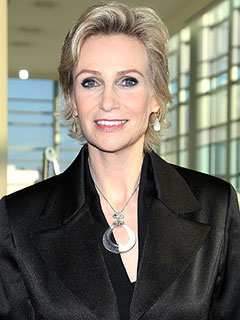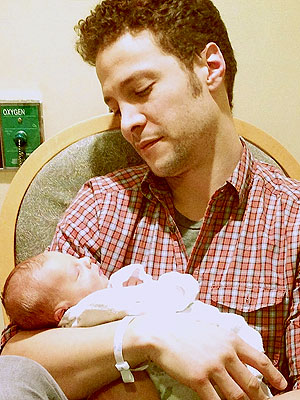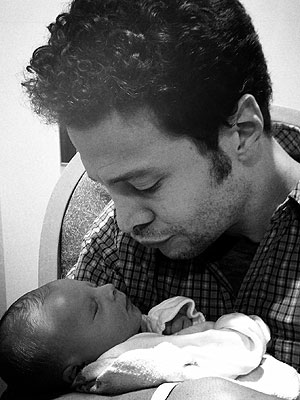N'DJAMENA (Reuters) - Chadian soldiers in Mali have killed Mokhtar Belmokhtar, the al Qaeda mastermind of a bloody hostage-taking at an Algerian gas plant in January, Chad's military said on Saturday.
The death of one of the world's most wanted jihadists would be a major blow to al Qaeda in the region and to the Islamist rebels forced to flee towns they had seized in northern Mali by an offensive by French and African troops.
"On Saturday, March 2, at noon, Chadian armed forces operating in northern Mali completely destroyed a terrorist base (...) The toll included several dead terrorists, including their leader Mokhtar Belmokhtar," Chad's armed forces said in a statement read on national television.
On Friday, Chad's President Idriss Deby said his soldiers had killed another al Qaeda commander, Adelhamid Abou Zeid, among 40 militants who died in an operation in the same area as Saturday's assault - Mali's Adrar des Ifoghas mountains near the Algerian border - on Monday.
France - which has used jet strikes against the militants' mountain strongholds - has declined to confirm the killing of either Abou Zeid or Belmokhtar.
Analysts said the death of two of al Qaeda's most feared commanders in the Sahara desert would mark a significant blow to Mali's Islamist rebellion.
"Both men have extensive knowledge of northern Mali and parts of the broader Sahel and deep social and other connections in northern Mali, and the death of both in such a short amount of time will likely have an impact on militant operations," said Andrew Lebovich, a Dakar-based analyst who follows al Qaeda in the Islamic Maghreb (AQIM).
Chad is one of several African nations that have contributed forces to a French-led military intervention in Mali aimed at ridding its vast northern desert of Islamist rebels who seized the area nearly a year ago following a coup in the capital.
Western and African countries are worried that al Qaeda could use the zone to launch international attacks and strengthen ties with African Islamist groups like al Shabaab in Somalia and Boko Haram in Nigeria.
'MARLBORO MAN'
Belmokhtar, 40, who lost an eye while fighting in Afghanistan in the 1990s, claimed responsibility for the seizure of dozens of foreign hostages at the In Amenas gas plant in Algeria in January in which more than 60 people were killed.
That attack put Algeria back on the map of global jihad, 20 years after its civil war, a bloody Islamist struggle for power.
It also burnished Belmokhtar's jihadi credentials by showing that al Qaeda remained a potent threat to Western interests despite U.S. forces killing Osama bin Laden in Pakistan in 2011.
Before then, some intelligence experts had assumed Algerian-born Belmokhtar, whose involvement in kidnapping and smuggling in the Sahara earned him the nickname "Marlboro Man", had drifted away from jihad in favor of making money from crime.
In a rare interview with a Mauritanian news service in late 2011, Belmokhtar paid homage to bin Laden and his successor, Ayman al-Zawahri. He cited al Qaeda's traditional global preoccupations, including Iraq, Afghanistan and the fate of the Palestinians, and stressed the need to "attack Western and Jewish economic and military interests".
He shared responsibility for AQIM - al Qaeda's north African franchise - with Abou Zeid, though there was talk the two did not get along and were competing for power.
A former smuggler turned jihadi, Algerian-born Abou Zeid imposed a violent form of sharia, Islamic law, in the ancient desert town of Timbuktu, including amputations and the destruction of ancient Sufi shrines.
Robert Fowler, a former Canadian diplomat held hostage by Belmokhtar in 2008-9, told Reuters: "While I cannot consider reports of the death of both Abou Zeid and Mokhtar Belmokhtar as anything but good news ... I must temper my enthusiasm by the fact that this is by no means the first time Belmokhtar's death has been reported."
President Francois Hollande said on Friday that the assault to retake Mali's vast desert north from AQIM and other Islamist rebels that began on January 11 was in its final stage and so could not confirm Abou Zeid's death.
"Terrorist groups have taken refuge and are hiding in an especially difficult zone," he said. "Information is out there. I don't have to confirm it because we must reach the end of the operation."
A U.S. official and a Western diplomat, however, said the reports about Abou Zeid's death appeared to be credible.
After its success in dislodging al Qaeda fighters from northern Mali's towns, France and its African allies have faced a mounting wave of suicide bombings and guerrilla-style raids by Islamists in northern Malian towns.
United Nations Secretary-General Ban Ki-moon said on Friday that a U.N. peacekeeping force to replace French troops in Mali should be discussed as soon as possible.
(Additional reporting by John Irish and David Lewis in Dakar, Gus Trompiz in Paris and Mark Hosenball in Washington; Writing by Richard Valdmanis; Editing by Robin Pomeroy)












